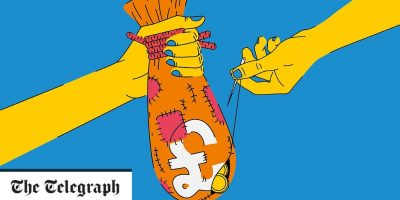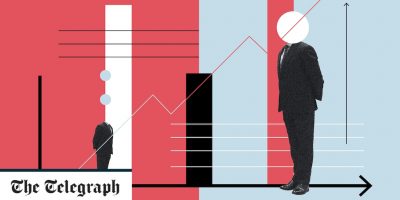Stock markets plunged this morning after the Federal Reserve, America’s central bank, cut its Bank Rate by a full percentage point to near zero and restarted quantitative easing.
The unprecedented measures were made in an attempt to stymie the negative economic impact caused by the coronavirus outbreak. A cut to interest rates is usually a boon for stock market investors as money shifts from safe assets such as cash and bonds as yields fall.
Yet after the latest cut – the second time this month – markets plummeted. In less than a minute the stock market fell more than 8pc, triggering a mechanism effective in America which pauses trading for 15 minutes to allow a cooling-off period.
Investors interpreted the Federal Reserve’s moves as a sign that it thought the economic fallout from coronavirus will be worse than is being assumed. This rate cut is the largest cut since the 2008 financial crisis.
It is useful for investors to know what parts of their portfolio should do well and when. This will help if the economy and markets continue to be hampered by the virus and central banks cut interest rates.
Telegraph Money looks at what aspects of an investor’s portfolio could be affected by central bank moves.
Coronavirus live map ..
Stocks
The move to lower rates is not good news for banks as their profits depend on the difference between the central bank’s interest rate and the higher rate they lend to consumers and businesses. The lower the main interest rate, the lower their margins are. They typically are better investments when interest rates are higher.
Funds that are most likely to own banks are those that invest for income, or those that use a “value” style of investing – buying cheap companies that are out of favour with investors in the hope they will rebound.
Conversely, stocks that have a link to the American economy, such as utilities, should benefit, although this will depend on whether the cut successfully boosts the economy.
Currency is worth considering. Rate cuts tend to devalue the currency, so the dollar is expected to fall in value, making the pound stronger. This should hit countries that export from Britain and benefit those that import and sell products domestically. However, as the Bank of England has also cut its rate this month, the effect is likely to be muted.
Bonds
Government bonds have traditionally been a safe haven during times of market worry and this time has been no different. The cut in rates has caused the price of bonds to rise sharply as people have pulled their cash from the stockmarket.
American government bonds have been the best to buy in recent months as, while Japanese, European and British debt all offered very low interest, American have been higher yielding.
This is no longer the case following the latest Fed rate cut, which brought the amount it pays out more in-line with the rest of the developed world.
Those that believe rates will fall further and investor panic will keep demand high should continue to own American bonds or others from developed countries as the price will rise.
It would be wise to check what your bond fund is invested in as a significant allocation to government bonds, however, as these should perform better than company bonds, which are under threat if the economy does not improve and companies are unable to pay back their debts.
Another option is emerging market bonds. These come with a lot more risk as they are usually from less-stable governments, but they also offer much higher yields. Central bank rates are higher in these countries as they did not have to cut aggressively during the financial crisis and so may be more attractive to investors.
Alternatives
Richard Carter of wealth manager Quilter Cheviot said the rate cut would be “another shot in the arm for gold”.
Investor newsletter REFERRAL (article)
The metal tends to do well when central banks take action to stimulate the economy, as this reduces the amount that savers can earn from a bank account so they buy gold instead.
So far this has not been the case, as investors have sold everything they can to raise cash levels. Gold has fallen 12.5pc since its peak of $1,680 (£1,373).
However, it will likely have a negative impact on oil. If concerns over the coronavirus continue to lead to an economic slowdown, less energy will be used to power manufacturing, reducing demand and lowering the price, which has already more than halved so far this year down to $30 per barrel.
























Comments